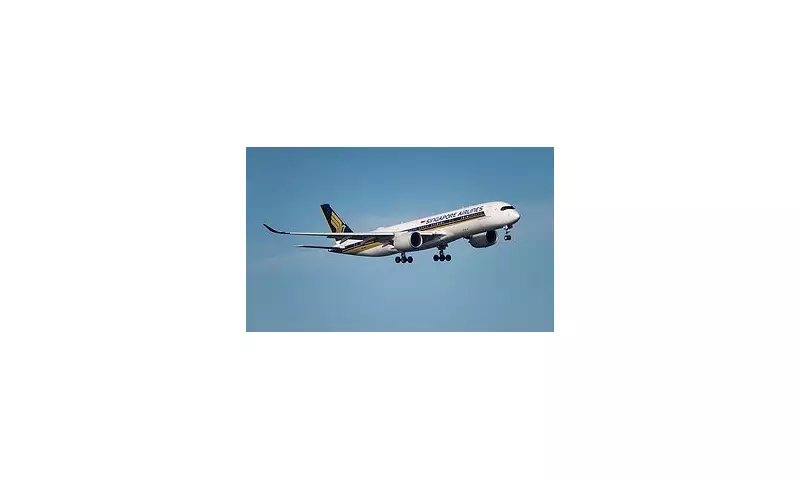
Singapore is poised to make aviation history by becoming the first country worldwide to implement a mandatory green fuel tax for air passengers. The groundbreaking initiative will see travellers departing from Singapore contribute directly to the cost of sustainable aviation fuel (SAF) through a new levy added to their tickets.
The New Sustainable Aviation Fuel Charge
Starting 1 October 2026, the Civil Aviation Authority of Singapore will introduce the sustainable aviation fuel charge for all passengers leaving the country. The levy applies to tickets purchased after 1 April 2026, with airlines required to display the charge as a distinct line item on air tickets.
Passengers will pay different amounts based on their travel distance and cabin class, with the system categorised into four geographical bands. Short-haul flights within Southeast Asia will incur a charge of S$1 (approximately £0.58), while economy class passengers on long-haul routes will pay up to S$10.40 (£6.08). The highest rate of S$41.60 (£24.33) applies to first-class and business class travellers on the longest journeys.
How Much Will Travellers Pay?
The charging structure creates a clear gradient based on destination and travel class. For economy class passengers, specific examples include:
- Bangkok flights: S$1 (58p)
- Tokyo journeys: S$2.80 (£1.65)
- London routes: S$6.40 (£3.75)
- New York travel: S$10.40 (£6)
The geographical bands are organised as follows: Group one covers Southeast Asia, group two includes Northeast Asia, South Asia, Australia and Papua New Guinea. Africa, Central and West Asia, Europe, the Middle East, Pacific Islands and New Zealand fall into group three, while the Americas comprise group four.
Exemptions and Global Context
Not all passengers will bear this new environmental cost. The levy only applies to travellers departing from Singapore to another destination, meaning those merely transiting through Changi or Seletar airports are exempt. Additionally, the tax is applied only to your immediate next destination – passengers connecting through other hubs will only pay for the Singapore departure leg of their journey.
This initiative supports the International Civil Aviation Organization's goal of achieving net-zero carbon emissions for international aviation by 2050. Singapore authorities stated they are "committed to working towards that goal and will do so in a practical manner."
The move comes as British travellers face their own potential aviation tax increases. The Labour government's recent post-Brexit agreement with the EU includes commitments to reduce carbon emissions that could see UK passengers paying an average of £21 extra for long-haul tickets. This would be in addition to air passenger duty increases announced by Chancellor Rachel Reeves last year, which already set charges at £106 for economy long-haul and £253 for business and first class.
The European Union's Emissions Trading Scheme, which Britain may align with, has required airlines to account for their carbon emissions since 2012. Recent rule changes are gradually replacing free allowances with an auction system that makes airlines pay for their emissions, with global flights potentially falling under this scheme by 2027.





